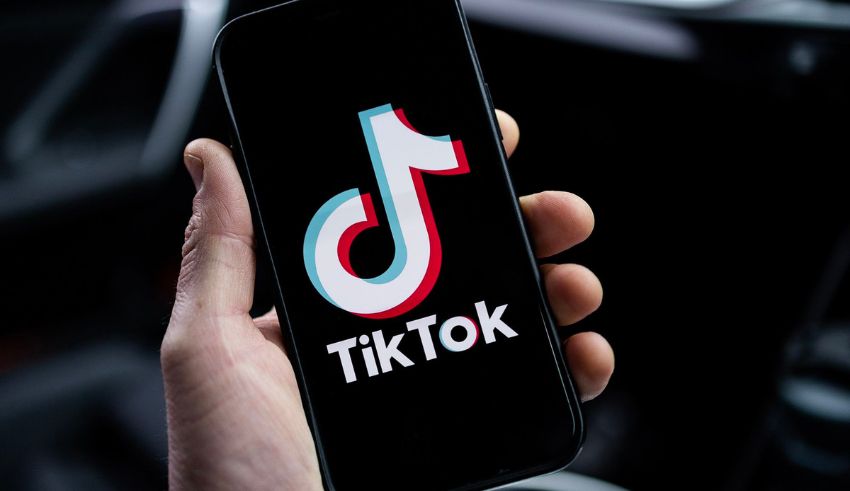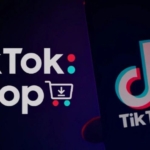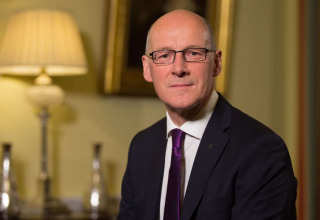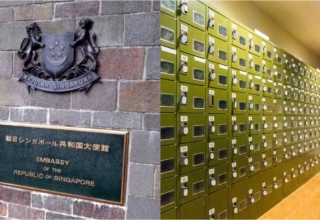
In an age when social media wields immense influence, TikTok, the beloved platform for bite-sized videos, is confronting a complex dilemma. While it serves as a creative haven for millions, TikTok is grappling with a darker side: the spread of disinformation, propaganda, and narratives spun by the Israel-Palestine conflict.
A Deceptive Snapshot
A TikTok video recently went viral, portraying buildings engulfed in flames, illuminated by fiery explosions. Its caption painted a grim picture, attributing this chilling scene to an Israeli air strike on Gaza. However, the harsh reality beneath this startling footage is vastly different. This video was not captured recently, nor did it depict Gaza. Instead, it captured exuberant celebrations in Algiers, where football fans ignited fireworks to mark their team’s triumph.
This isn’t an isolated incident but rather emblematic of a broader wave of disinformation and pro-Hamas propaganda flooding social media, particularly TikTok. The rapid dissemination of such misleading content raises concerns about the platform’s potential to perpetuate anti-Semitism and, potentially, radicalize young users, especially in the midst of the Middle East’s ongoing turmoil.
The Domino Effect
Experts are increasingly apprehensive about the ramifications of this trend, pondering whether nations will come to regret not adopting a more stringent stance on TikTok. Sam Lessin, a former Facebook executive, asserts that the issue of misinformation on TikTok was dismissed by too many, and the consequences are now glaring. He observes, “Far too many smart people ignored the issue of misinformation on TikTok, and now, a few years later, we are paying for this major misstep.”
Since the onset of the Israel-Hamas conflict, social media has witnessed a deluge of images, videos, and commentary about the ongoing battle. TikTok, a darling of young audiences, has been a focal point for this surge in content.
The hashtag “Palestine” boasts more than 43 billion views on the platform, while its counterpart, “Israel,” has amassed 37.5 billion views. Supporters argue that TikTok offers a space for sharing on-the-ground reporting and amplifying overlooked viewpoints. Nevertheless, it has also opened the floodgates to a wave of violent and graphic content, along with disinformation and propaganda.
Keep Reading
The Landscape of Misinformation
The alleged misinformation encompasses not only manipulated videos but also recycled footage from past conflicts, and even clips sourced from video games. Shockingly, Arabic searches on TikTok for pro-Hamas phrases unveil numerous posts glorifying the extremist group. One particularly troubling post callously describes Israelis fleeing the tragic Supernova music festival, where 260 people lost their lives, as “mice.”
While anti-Muslim material exists on social media platforms, experts are emphasizing the disproportionate prevalence of anti-Semitic content. Imran Ahmed, the CEO of the Centre for Countering Digital Hate (CCDH), notes, “Hatred towards Jews is much easier to find than any other kind right now.”
TikTok’s Conundrum
The surge of disinformation and propaganda during conflicts underscores the formidable challenge facing platforms like TikTok in effectively moderating content. As social media remains a potent force in shaping public opinion, the responsibility falls on these platforms to strike a delicate balance between free expression and the prevention of false narratives, discrimination, and hate.
TikTok’s quandary mirrors the broader challenge of the digital age: how to preserve the positive facets of connectivity and creativity while countering the harmful consequences of disinformation and radicalization in an increasingly interconnected world.

























